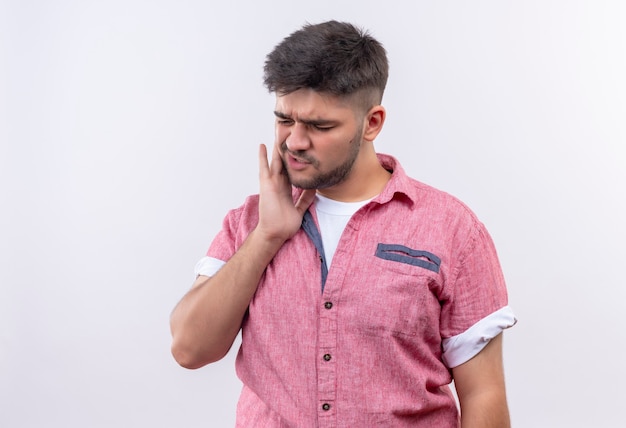
Sometimes, it’s clear who’s responsible for an accident, while other times it can get complicated. If you’re injured in a car accident, a slip and fall, or another kind of incident, you need to figure out who’s at fault and prove negligence to make a valid personal injury claim.
In Illinois, understanding how fault is determined is crucial. The state’s fault-based laws can impact whether you share any blame, affecting your compensation. Knowing these legal details is essential to navigating personal injury cases.
Determining who’s at fault in personal injury claims can be straightforward, but often it’s not. In car accidents, for example, every driver should have insurance, and determining fault is necessary to decide which insurer pays for damages. Accidents can be intricate, especially in Illinois, where proving fault might be tougher in non-car-related, personal injury cases. Negligence laws guide courts in deciding and assigning blame.
For a personal injury claim to work, you have to prove negligence, which means showing someone didn’t take reasonable care and caused harm. This involves proving the other party owed you a duty of care, breached it, and that breach led to your injuries and the resulting damages. Consider a car accident where you’re hit while stopped at a red light because the other driver was texting. Here, their distraction and subsequent collision qualify as negligence.
In Illinois, however, modified comparative fault means you might be partly responsible for your injuries. You can seek compensation if you’re less than 50% at fault—but not if you’re more responsible.
Some personal injury cases don’t rely on negligence to prove fault. For instance, if someone intentionally harms you, as in assault or battery, negligence isn’t necessary. Dog bites also fall under this, as Illinois’ strict liability laws hold the dog owner responsible unless the dog was provoked or the victim was trespassing.
Evidence to prove fault varies by case and could include medical records, police reports, photos or videos of the scene, eyewitness accounts, and surveillance footage. If your injuries make gathering evidence tough, an attorney can assist by compiling evidence while you recover.
A personal injury lawyer can help calculate all your damages, including medical bills and lost wages. In car accidents, property damage is sought, which doesn’t apply to slip-and-fall cases. Many injury victims may not realize they can claim more than just economic damages. Noneconomic damages like pain and suffering, mental anguish, disfigurement, and loss of life’s enjoyment are also potentially compensable. While it’s not necessary to hire a lawyer for your claim, it’s advisable to consult one. Many offer free initial consultations to assess your situation, outline legal options, and help gauge your total losses.









